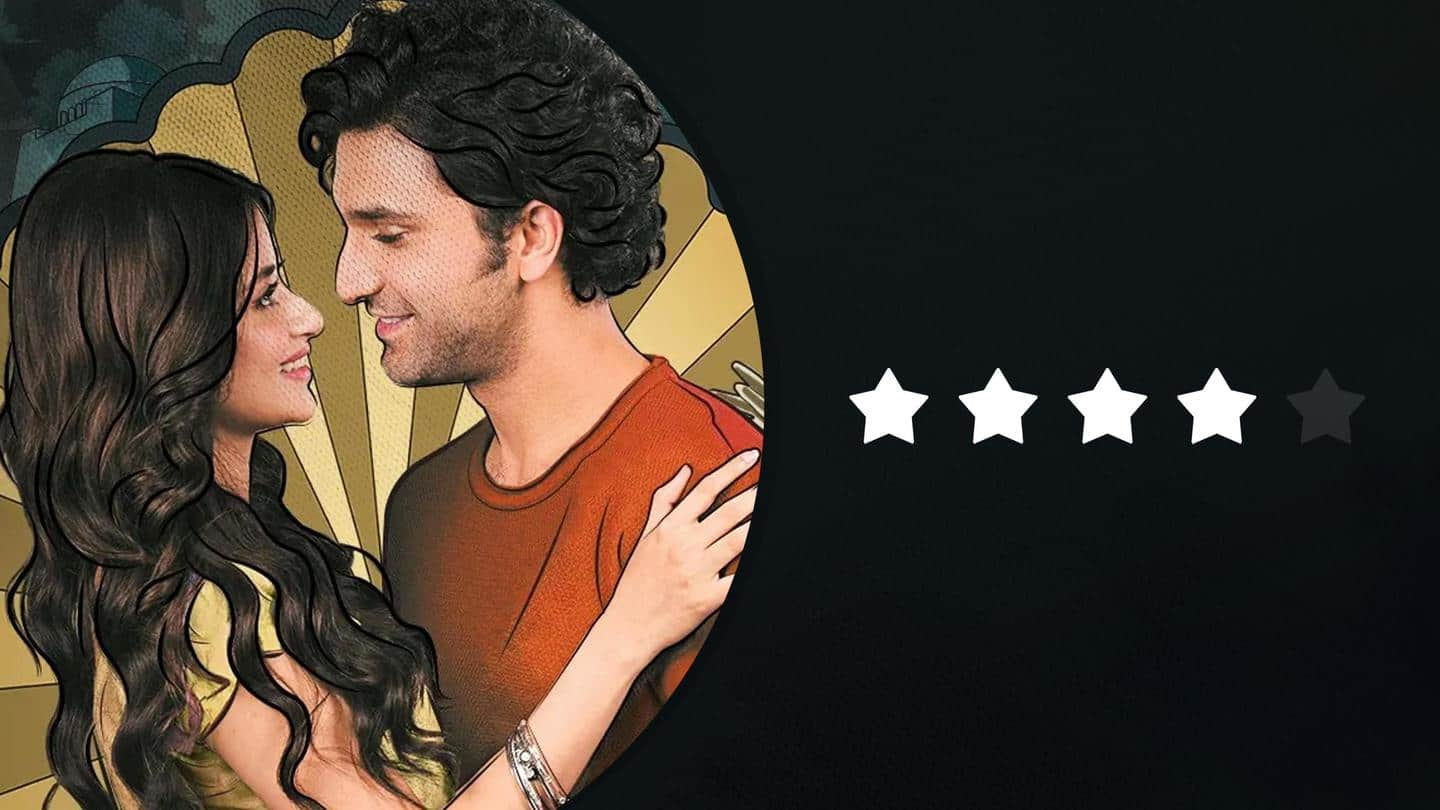
'Dhoop Ki Deewar' review: Death shows true colors of many
What's the story
Sometimes a person's death can reveal the true colors of their blood relatives.
Especially, if the person who died (by martyrdom or not) was the bread-earner/"man" of the household.
The fifth and sixth episodes of Dhoop Ki Deewar focus on this, and we reach a sort of resolution by the end.
As the plot intensifies, the ZEE5 show keeps us hooked.
Here's our review.
Story
Relatives turn scavengers, try to take ownership of people, property
Relatives of both Sara (Sajal Aly) and Vishal (Ahad Raza Mir) were seen to be trying to profit from their fathers' death in the past episodes.
Their intentions, concealed behind mock concern, come to the fore in the recent episodes.
While Vishal's aunt wants her share of the property, Sara's maternal and paternal kin engage in crass dialogue over whose son should Sara marry.
Reality
Soldier's family lives through dread even when they are alive
As we saw last, Vishal's mother Sunanda had become dependent on anti-depressants and wasn't able to cope with her husband's death.
The new episodes reveal a sad reality.
She didn't start taking the medicines now, but has been dependent on them for decades to calm her panic attacks and anxiety.
Evidently, a soldier's family fears the fated phone call even before it actually arrives.
Moments
Sara unmasking selfish intentions of 'Mamu' and 'Fufas' is satisfactory
The recent episodes have several poignant moments.
Sunanda saying that many soldiers' wives take such medicines to calm their nerves comes as a bone-chilling shock.
On the other hand, Asma, Sara's mother, a homely woman, tries to maintain cordial relations despite being able to understand their real intentions.
Sara blasting the selfish Mamu and Fufas is certainly the climactic high this week.
Verdict
Research on different forms of tackling loss commendable, gets 4/5
The show is living up to its purpose of showing that the futility of war affects everyone, the same way.
Research on lives of soldiers' families and different forms of dealing with loss of a loved one impresses.
It could be that director Haseeb Hasan and writer Umera Ahmed have deliberately chosen a contained pace, but sometimes the speed noticeably slackens.
Verdict: 4/5.